Today marks World Humanitarian Day, an annual reminder of the need to act to alleviate the suffering of poverty-stricken people around the world, to promote empowering stories and honour those around the globe who have helped to improve the livelihoods of disadvantaged people.
World Bank data estimates the number of people living on under $1.25 a day at well over 1 billion worldwide. About half of Sub-Saharan Africans live on under $1.25 a day. A substantial proportion live just above this line. Over 2.5 billion people live on less than $2 a day, with nearly three-quarters of the population of Sub-Saharan Africa falling into this category.
At these levels of poverty, most income is spent on food. There is little ownership of productive assets and access to TV and radio is often very limited, as is access to electricity, water and sanitation. Accompanying this situation is poor health, poor education, unpredictability and risk.
In the developing world, poverty and the issues that surround it are the immediate focus for individuals. With such focus, human capital development and values enhancement are not able to flourish, and so living standards do not improve significantly. Camara Education believes the world would be a better place if all young people were empowered through innovative education to create the life they want to lead.

Education is one of the most significant drivers to help overcome this situation. There are many studies and observations demonstrating the link between education and an escape from poverty, and there are many ways to address access to and improvement in education. But the most significant challenge is delivering scale improvement in education in regions such as sub-Saharan Africa.
Education is a basic human right, but resources for schools are sometimes extremely limited. In an age that is more digital than ever before, we have an opportunity to act together as global citizens. Everyday extraordinary things can happen when ordinary people decide to take action. Camara Education provides schools with computers and the relevant training to help create a fun and interactive classroom experience like never seen before by the students.
Challenges still remain e.g. there are rural schools that lack electricity or basic internet access, but we are working to overcome these barriers and provide better education platforms for those in disadvantaged communities. Limited access to educational excellence and innovation narrows the life chances of young people in many countries, most notably in Africa. Camara helps to unlock the potential of young people by working with governments, ministries of education, and other educational experts to help deliver to both schools and teachers in communities around the world. It delivers support, information, and technology to promote change and improvement in education to enable young people to attain better grades.
Camara Education is a non-profit international organisation dedicated to using technology to improve education and livelihood skills in disadvantaged communities around the world. It currently operates six Education Hubs in Africa (Ethiopia, Kenya, Zambia, Uganda, Lesotho, Tanzania) and one in Ireland. With better education we expect these communities to break the cycle of poverty they find themselves in.
Since 2005, Camara has raised and generated €20m, trained 24,000 teachers across 4,000 eLearning Centres, and installed 80,000 computers, enabling 1,800,000 children to improve their educational outcomes, including the attainment of better grades.






